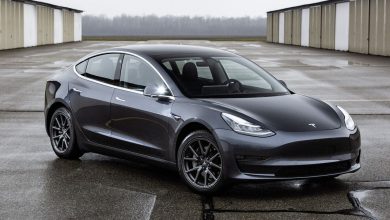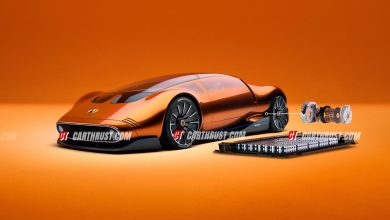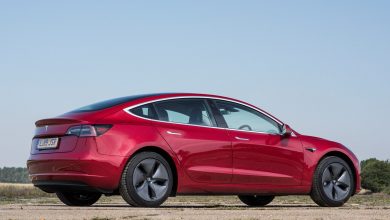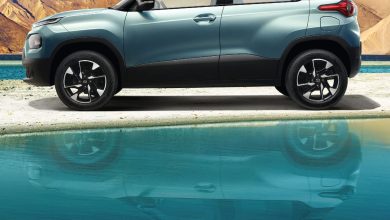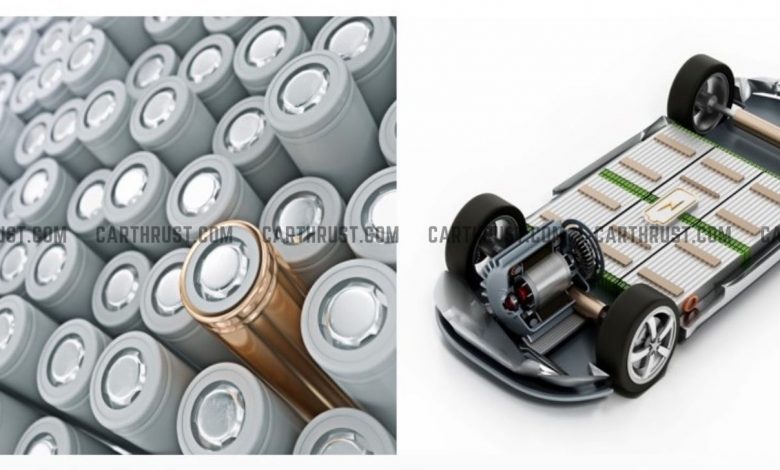
What’s the first thing that comes to a car buyer’s mind when going for an electric option? DIVING RANGE! Range Anxiety is a real thing and it should be. No one wants to get stuck midway to their destination looking for a charging station (especially when there’s a major lack of it). Apart from features, an EV’s range and charging time are some of its biggest selling points.
Some 50 miles up or down, or a few hours of charging difference and the buyer would take no time to flip to the higher range & faster-charging option available in his/her budget. However, it’s not just buyers who are concerned about more efficient batteries, automakers too want to fit in a more efficient battery in their EVs and not just to provide a better range than their competitors, but a faster charging time as well.
Because faster charging would also mean more consumers will be able to use their fast-charging stations, which is a major source of after-sales income for these manufacturers. Thus, carmakers or EV-makers always keep looking for better technology from time to time.
In a quest for a sustainable future, Australia-based Graphene Manufacturing Group (GMG) recently announced a research agreement with the University of Queensland’s Australian Institute for Bioengineering and Nanotechnology (AIBN) for the development of graphene aluminum-ion batteries.
Now, GMG has shared the initial performance data when tested in coin cells based on breakthrough technology from the University of Queensland’s (UQ) Australian Institute for Bioengineering and Nanotechnology, which allows the battery cells to use nanotechnology to insert aluminum atoms inside tiny perforations in graphene planes. This technology devised by AIBN Professor’s Michael Yu, Dr. Xiaodan Huang and postdoctoral student Yueqi Kong has made graphene into efficient electrodes for powering batteries.
The graphene aluminium-ion battery cells from the Brisbane-based company are claimed to charge up to 70 times faster and are more sustainable with a life up to three times greater than lithium-ion batteries. Reports also suggest, they are also safer, with no upper Ampere limit to cause spontaneous overheating, and are easier to recycle, thanks to their stable base materials. Testing shows the coin-cell validation batteries have life over 2000 charge-discharge cycles in testing so far, with no deterioration in performance.
AIBN Director Professor, Alan Rowan commented, “We are delighted to partner with GMG to translate scientific ideas into commercial solutions through the development of more efficient and greener batteries. After several years of dedicated research into improving the aluminum ion battery, we are excited to be at the phase of developing commercial prototypes for more sustainable, faster-charging batteries.”
Professor Rowan further added, “Testing showed rechargeable graphene aluminum-ion batteries had a battery life of up to three times that of current leading lithium-ion batteries, and higher power density meant they charged up to 70 times faster. The batteries are rechargeable for a larger number of cycles without deteriorating performance and are easier to recycle, reducing potential for harmful metals to leak into the environment.”
Currently, GMG Graphene is producing coin cell prototypes for customer testing in Q4 2021. They plan to bring graphene aluminum-ion coin cells to market late this year or early next year, with automotive pouch cells planned to roll out in early 2024. Under the agreement between GMG and AIBN, the former will manufacture commercial battery prototypes for watches, phones, laptops, electric vehicles and grid storage with the new technology. GMG has also signed a license agreement with Uniquest, the University of Queensland’s commercialization company, which provides GMG exclusive license of the technology for battery cathodes.
UniQuest CEO, Dr. Dean Moss stated, “Aluminum-ion battery with graphene electrodes could transform the existing rechargeable battery market, dominated by lithium-ion. Lithium-ion batteries demand the extraction of rare earth materials using large amounts of water and are processed with chemicals that can potentially harm the environment. This project has real potential to provide the market with a more environmentally friendly and efficient alternative.”
GMG Head Scientist, Dr. Ashok Nanjundan also shared his views on the agreement, “The project could deliver far-reaching benefits for energy storage, while the batteries were also safer because they do not use lithium, which had been known to cause fires in some mobile phones. This project is a great example of academia and business working together. The current recyclability of batteries is highly problematic due to their chemical properties and the stockpiling of dead batteries presents a large and looming environmental and public safety concern.”
As per GMG Managing Director Craig Nicol’s claim, the new battery tech can charge an iPhone coin cell in less than 10 seconds. “It charges so fast it’s basically a super capacitor,” Nicol stated.
Coming to its use in the automotive industry, Nicol insisted, the new cell technology could also be industrialized to fit inside current lithium-ion housings, like the Volkswagen Group’s MEB architecture, heading off problems with car-industry architectures that tend to be used for up to 20 years. “Ours will be the same shape and voltage as the current lithium-ion cells, or we can move to whatever shape is necessary,” Nicol confirmed.
“It’s a direct replacement that charges so fast it’s basically a super capacitor. Lithium-ion cells can’t do more than 1.5-2 amps or you can blow up the battery, but our technology has no theoretical limit.”
The new technology is also more cost, environmental and recycling friendly than a lithium-ion battery, as it uses hardly any exotic materials. “It’s basically aluminum foil, aluminum chloride (the precursor to aluminum and it can be recycled), and the ionic liquid is urea,” Nicol said.
Though the tech is in starting phase, the components and theoretical prowess all seem to be already in place, so it should not take much time to reach the mass markets for all sort of products including EVs. Currently, most of the nations have given an indicative deadline to automakers to discontinue the internal combustion vehicles by 2030, which is totally in sync with the mass production plans of graphene aluminum-ion batteries.
All we have to do is to wait and see, who will be the first brand to incorporate the new tech in its EV lineup. Will it be Mercedes, the maker of the most luxurious and tech loaded electric car to date, the EQS or will it be VW Group with its ID series or future BMW EVs?

